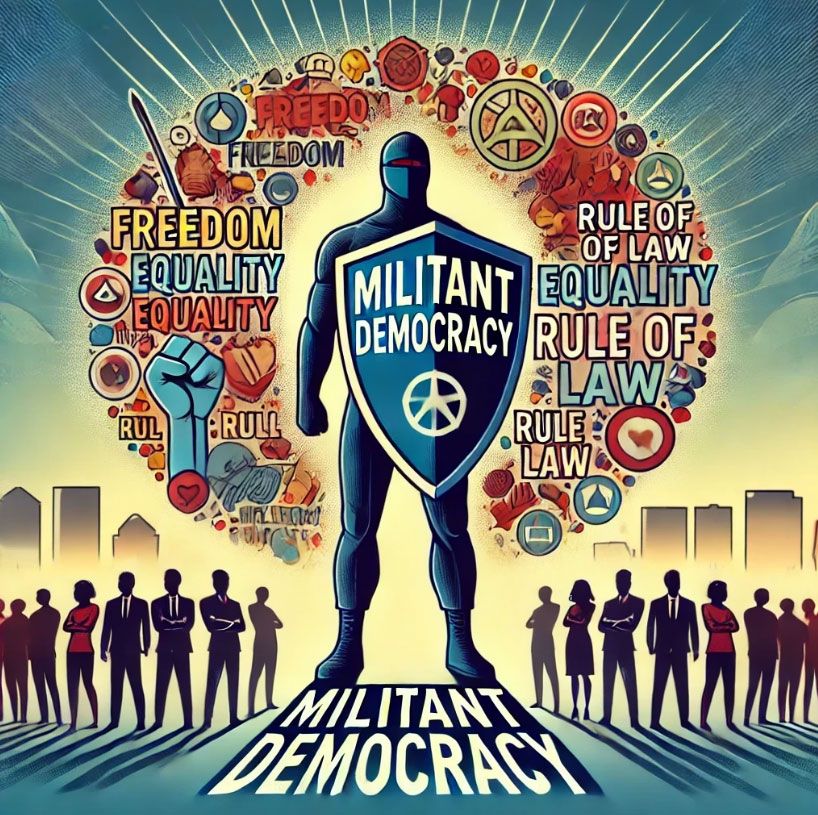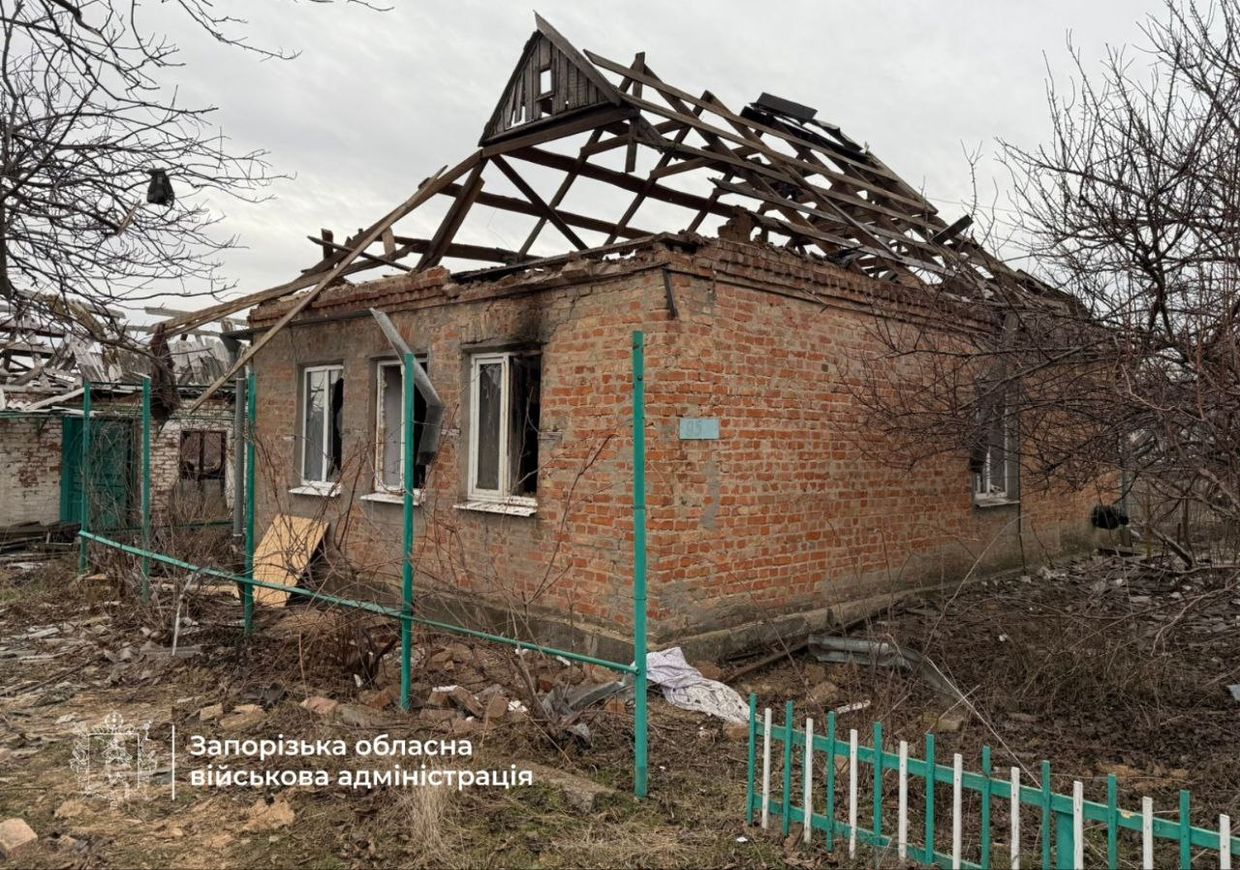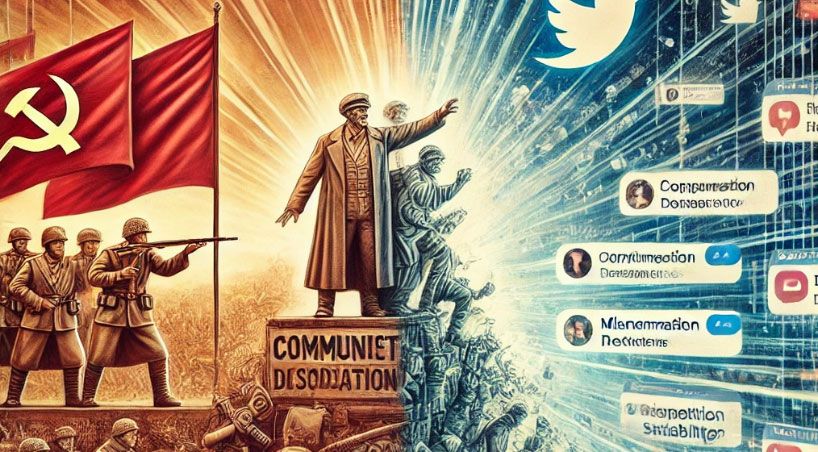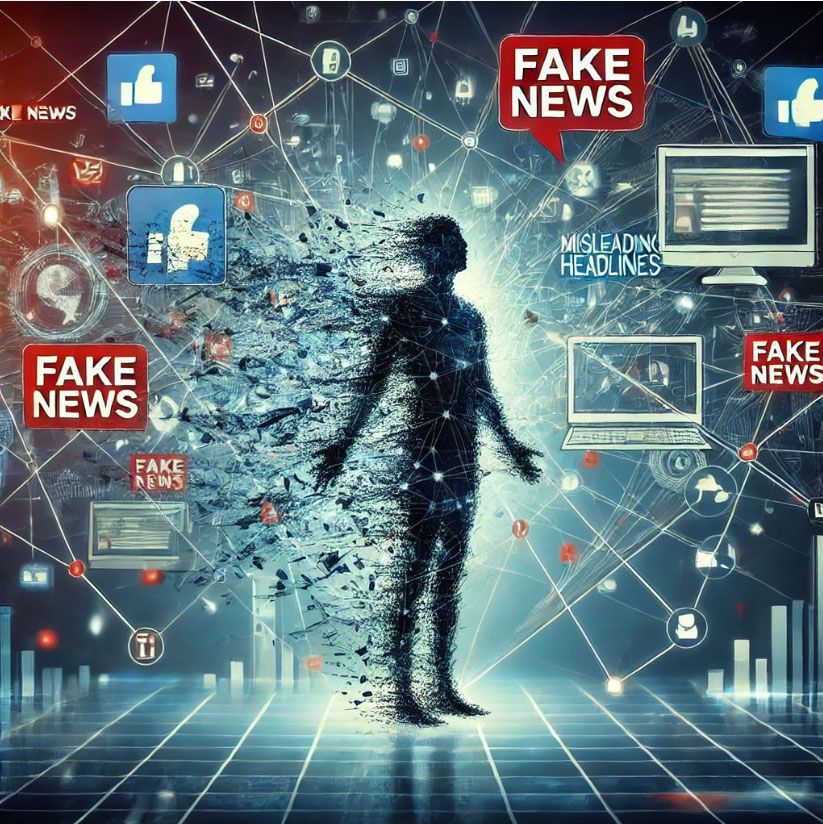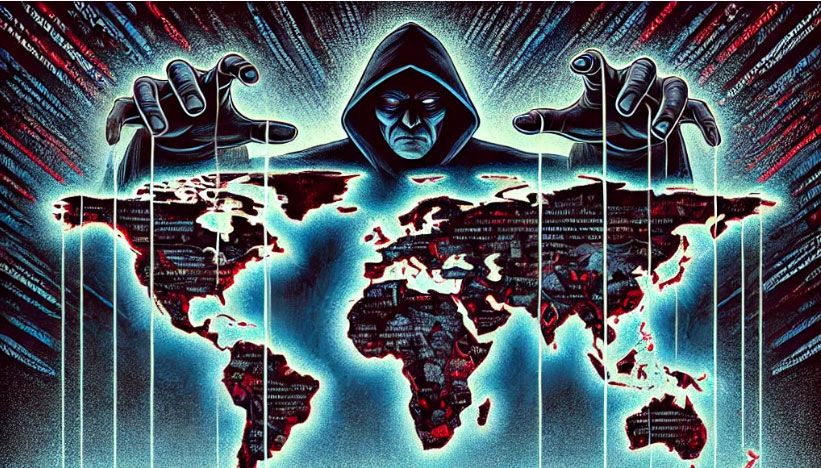Everyday Analogy
Think of democracy as a house where everyone is welcome, as long as they respect the rules that make the house livable for everyone.
These rules include tolerance, which ensures people of different backgrounds can coexist peacefully; free speech, which allows everyone to express their opinions; and equal rights, which guarantee fairness and opportunities for all residents of the house.
If someone enters and tries to burn the house down, the house must act to protect itself and its residents, even if it means asking that person to leave or restricting certain behaviors.
Historical Context
The concept of militant democracy gained prominence after World War II, as nations grappled with the rise of fascist and totalitarian regimes.
Countries like Germany, scarred by the horrors of Nazi rule, recognized the need for proactive measures to prevent such ideologies from ever taking power again.
For instance, the Weimar Republic in Germany allowed extremist parties to participate in elections, which ultimately enabled Adolf Hitler’s rise to power.
Learning from this, post-war Germany’s Basic Law (Grundgesetz) includes provisions to ban parties that threaten democratic principles, such as those that promote authoritarianism, undermine the rule of law, or incite hatred and violence against particular groups.
This approach has been used in cases like the banning of the neo-Nazi Socialist Reich Party in the 1950s and attempts to ban other far-right groups in subsequent years (source).
Examples in Practice
- Germany: The government can ban parties and organizations deemed anti-democratic, such as the prohibition of neo-Nazi groups. The Federal Constitutional Court plays a key role in determining whether such actions are justified (source).
- Hate Speech Laws: In countries like France, hate speech laws target rhetoric that incites violence or discrimination, such as Holocaust denial. This prevents the spread of extremist ideologies while maintaining a commitment to free expression within reasonable bounds (source).
- Political Party Oversight: In Turkey, militant democracy measures have been used to disband parties accused of undermining secularism or promoting anti-democratic agendas. However, these measures also illustrate the importance of balance, as critics argue they have sometimes been misused for political suppression (source).
What Could Militant Democracy Become?
Militant democracy is not a static concept; it has the potential to evolve and address emerging challenges in the 21st century, such as the rise of disinformation campaigns and the growing use of artificial intelligence in spreading propaganda.
As the nature of threats changes, so too must the tools and strategies democracies use to defend themselves.
A Flexible Defense System
In the future, militant democracy could become a more adaptive model, responding to threats such as:
- Digital Authoritarianism: Governments or groups using technology to undermine democratic norms. For instance, during elections, bots and fake accounts on social media platforms can amplify divisive rhetoric or spread disinformation to sway public opinion (source).
- Misinformation: The weaponization of disinformation to destabilize societies. For example, campaigns like the one observed during the 2016 U.S. presidential election highlight how external actors can exploit democratic systems to erode trust (source).
- Artificial Intelligence Misuse: AI systems could be manipulated to create deepfakes or suppress dissent through automated censorship, as seen in some authoritarian regimes experimenting with these tools (source).
A Global Solution
In an interconnected world, militant democracy might evolve into a global framework. Democracies could collaborate to prevent anti-democratic actors from exploiting globalization. For instance:
- Shared Standards for Social Media: Nations could work together to regulate platforms, ensuring transparency in algorithms and accountability for harmful content (source).
- Coordinated Efforts Against Extremism: International coalitions could tackle issues like cross-border funding for extremist groups or the spread of radicalizing content online (source).
Militant Democracy as a Solution for Human Development
Beyond defending against threats, militant democracy has the potential to contribute to broader human development by safeguarding democratic values that underpin peace, prosperity, and justice.
Protecting Human Rights
By preventing extremist ideologies from gaining power, militant democracy can shield vulnerable groups from persecution and ensure equal rights for all citizens.
For example:
- In Germany, banning organizations that promote racism or xenophobia helps protect immigrant communities and promotes social cohesion (source).
- In India, militant democracy provisions could be used to curb hate speech targeting religious minorities, fostering a more inclusive society (source).
Promoting Education and Awareness
A key pillar of militant democracy could be fostering a culture of critical thinking and civic responsibility.
Public education programs could emphasize the importance of democratic principles, helping citizens recognize and resist anti-democratic movements.
For instance:
- Finland has implemented successful programs to teach students how to identify fake news and misinformation, equipping young people with tools to protect democratic values (source).
Digital Safeguards
As technology plays an ever-larger role in society, militant democracy could develop robust systems to regulate digital platforms, ensuring they cannot be weaponized against democratic institutions.
For example:
- The European Union’s Digital Services Act aims to create a safer online space by holding tech companies accountable for removing harmful content and combating disinformation (source).
Raising Social Comfort Levels
Militant democracy can significantly enhance the quality of life for large parts of humanity by creating safer, more inclusive societies. For example, when hate groups are restricted or banned, marginalized communities often feel safer participating in public life.
In Germany, measures to curb neo-Nazi organizations have led to greater integration of immigrant populations, fostering a sense of belonging and reducing societal tensions.
Reducing Fear and Violence
By proactively addressing extremist threats, militant democracy reduces the risk of violence and terror.
For example:
- New Zealand’s response to the Christchurch mosque attacks included stricter gun laws and efforts to curb hate speech, demonstrating how governments can act decisively to protect their citizens (source).
Building Trust in Institutions
When citizens see their government taking strong, principled stands against hate and extremism, it fosters trust in democratic institutions.
For instance:
- In Scandinavian countries, strict measures against hate groups and proactive social policies have contributed to some of the highest levels of social trust and happiness in the world (source).
Promoting Social Equality
Militant democracy measures can help dismantle systemic discrimination, enabling marginalized groups to participate fully in society. This leads to greater social harmony and economic development.
For example:
- Post-apartheid South Africa’s efforts to root out institutionalized racism through constitutional protections show how militant democratic measures can drive positive societal change (source).
Balancing Freedom and Security
The biggest challenge for militant democracy is maintaining the balance between protecting democratic values and preserving individual freedoms. If militant democracy becomes too restrictive, it risks sliding into authoritarianism.
The goal is to create a system that is resilient and vigilant but still open, fair, and inclusive.
A Vision for the Future
Militant democracy has the potential to be a cornerstone of future governance, blending proactive defense with a commitment to human development.
By adapting to new challenges, promoting education, and protecting human rights, militant democracy can help create a world where democratic values thrive and endure.
Next Steps for Understanding
- Engage with History: Learn about historical examples of militant democracy, such as post-war Germany, and how they inform modern practices.
- Explore Modern Challenges: Investigate how issues like social media regulation and AI governance intersect with militant democracy.
- Imagine the Future: Consider how militant democracy might evolve to address emerging threats and promote global cooperation.
By understanding militant democracy and its potential, we can better appreciate its role in safeguarding freedom and envision how it can contribute to a better future for humanity.


